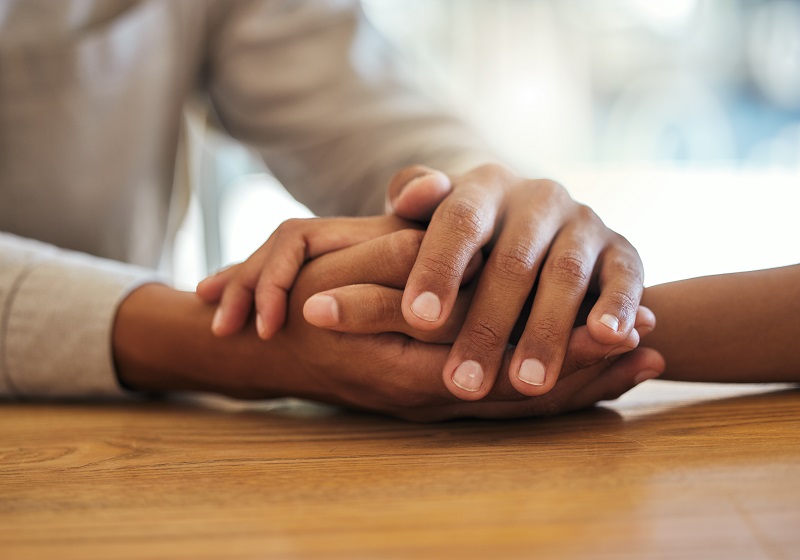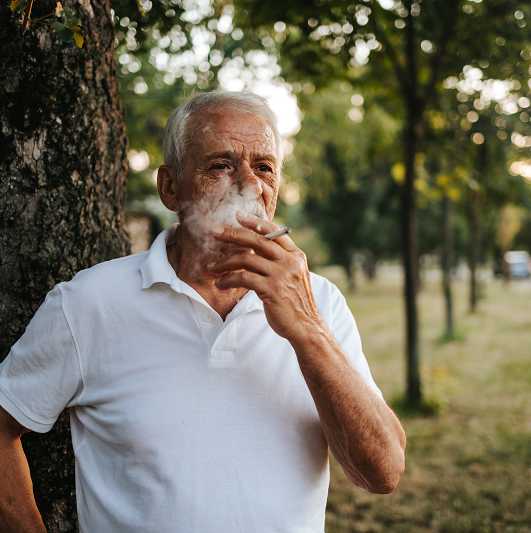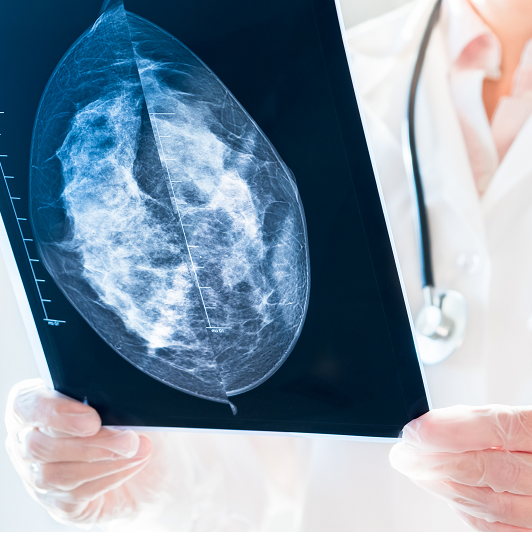

The thought of a cancer diagnosis in the prime of life isn’t a welcome one. Fortunately cancer diagnoses among young adults are not common. According to the National Cancer Institute, about 89,000 people between the ages 15 to 39 are diagnosed annually with cancer in the U.S—only about 5% of cancer diagnoses.
What Are the Most Common Cancers in Young Adults?
The most common types of cancers seen in this age group, according to the American Cancer Society, are not unique to young adults but include:
- Breast Cancer: While usually found in women over age 40 and rare before the age of 30, breast cancer does occur in younger women. The most common sign is a new lump. “Often these lumps are benign but should always be checked by a doctor,” says Andre Henri Goy, M.D., chairman and director at the John Theurer Cancer Center at Hackensack University Medical Center. “With breast cancer, early screening is key. The earlier we find breast cancer, the more treatment options are available.”
- Lymphoma: These are cancers that start in immune cells. They can have different symptoms based on where the cancer is, but generally include weight loss, tiredness and swollen lymph nodes. There are two main types: Hodgkin lymphoma and Non-Hodgkin Lymphoma. While both can occur in young adults, Hodgkin lymphoma is more common.
- Melanoma: This is one of the most common cancers in people younger than 30, especially women. The primary warning sign is a new spot on the skin, or an old spot has changed in shape, size or color. “Melanoma can often be cured if found and treated early,” says Dr. Goy. “It’s also important to consistently use sunscreen when spending time in the sun and always avoid the use of tanning beds.”
- Sarcomas: These are cancers of muscles, bones or fat cells. The two main types are: soft tissue sarcomas and bone sarcomas. These can develop at any age but are most often found in older teens or young adults.
- Cervical Cancer: Cervical cancer is most often found in women under age 50 and can be found early or even prevented with screening tests and vaccines.
- Thyroid Cancer: The risk of thyroid cancer increases with age but is more common in younger individuals than most other cancers. It is far more common in women than men. A common symptom is a lump in the front of the neck. Many thyroid lumps aren’t cancer but need to be checked. The outcome for thyroid cancer is usually positive, particularly in young adults.
- Testicular Cancer: Roughly half of testicular cancer diagnoses happen in men between the ages of 20 and 34. The first sign is usually a lump on the testicle. The outlook is positive, and most can be treated.
- Colorectal Cancer: While colorectal cancer is much more common in older individuals, it can occur in younger people. In fact, the U.S. Preventive Services Task Force recently lowered the recommended age to start colorectal cancer screening from 50 to 45. If someone younger is diagnosed, it is likely linked to an inherited genetic condition. “If someone in your family has been diagnosed with colorectal cancer, talk to your doctor and discuss early screening,” says Dr. Goy.
Reducing Your Risk of Cancer
Often, simple lifestyle changes can lower your risk of cancer:
- Avoid smoking, and if you smoke, quit.
- Eat plenty of fruits, vegetables, whole grains and lean protein.
- If you drink alcohol, drink in moderation.
- Maintain a healthy weight and get regular physical activity (at least 150 minutes a week).
- Protect your skin from the sun with sunscreen and protective clothing.
- Get vaccinated for hepatitis B and human papillomavirus (HPV).
With so many cancers—and other diseases and conditions—the key to prevention or effective treatment is screening. We have simplified the recommended screening schedule by age and gender.
“Fortunately, cancer among young adults is much less common,” says Dr. Goy. “However, it can occur, so if you notice changes in your body or have persistent pain, you should see your doctor.”
Next Steps & Resources:
- Meet our source: Andre Henri Goy, M.D.
- To make an appointment with a cancer specialist near you, call 800-822-8905 or visit our website.
Find a doctor near me

5 Things an Oncologist Would Never Do

Do Parabens Cause Cancer?

Should You Be Worried About an Abnormal Mammogram?
